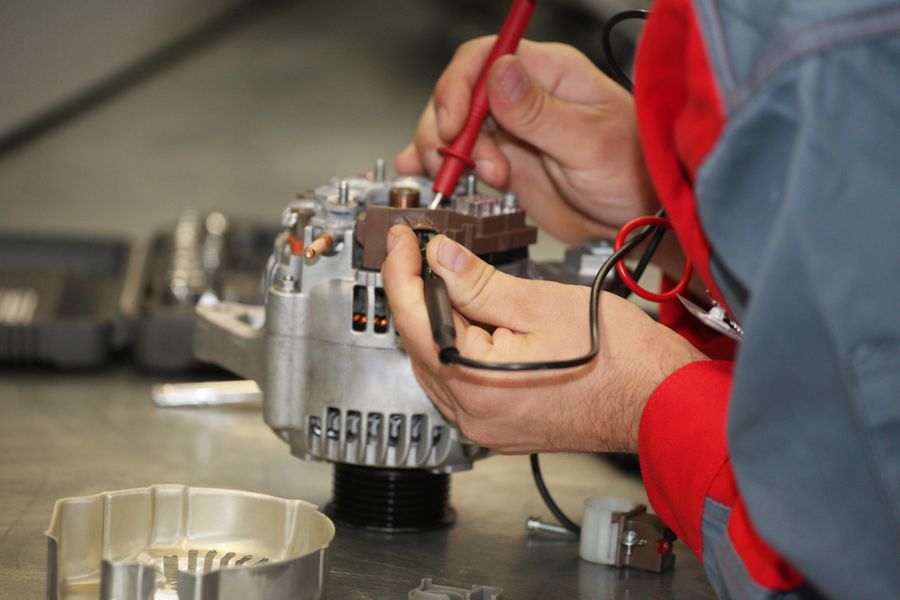What is Auto Electrical Engineering?
Auto electrical engineering is a critical aspect of modern vehicle design and functionality. This branch of engineering focuses on the electrical systems and components found in automobiles, playing a vital role in ensuring the smooth operation of various functions within a vehicle.
The Key Components of Auto Electrical Systems
Auto electrical systems comprise a complex network of components designed to provide power, control, and communication throughout the vehicle. Understanding the key components is essential for grasping the fundamentals of auto electrical engineering:

1. Battery
The battery is the heart of the vehicle’s electrical system, providing the initial power needed to start the engine. It also serves as a reservoir of electrical energy for other components when the engine is not running.
2. Alternator
The alternator is responsible for generating electrical power while the engine is running. It recharges the battery and powers the electrical systems, ensuring a continuous supply of electricity throughout the vehicle.
3. Starter Motor
The starter motor initiates the engine’s rotation when the ignition key is turned. It draws power from the battery to crank the engine, starting the combustion process.
4. Ignition System
The ignition system is crucial for initiating and controlling the combustion process in the engine. It includes components like spark plugs, ignition coils, and control modules.

The Functions of Auto Electrical Systems
Auto electrical systems perform various functions that contribute to the overall operation and safety of a vehicle:
1. Power Distribution
Auto electrical systems distribute power to different components, ensuring that each part of the vehicle receives the necessary electrical energy for proper functioning. For gateshead auto electrics see here.
2. Lighting
Lighting systems, including headlights, taillights, and interior lights, are integral parts of auto electrical engineering. They play a crucial role in vehicle visibility and safety.
3. Electronics and Control Modules
Modern vehicles are equipped with various electronic systems and control modules that manage functions such as engine performance, emissions, and safety features. Auto electrical engineers design and maintain these complex systems.
The Role of Auto Electrical Engineers
Auto electrical engineers play a pivotal role in the automotive industry. Their responsibilities include designing, testing, and maintaining electrical systems, as well as troubleshooting and repairing issues. They work closely with other engineering disciplines to ensure the seamless integration of electrical components with mechanical and electronic systems.
Additionally, auto electrical engineers stay abreast of technological advancements, incorporating innovations such as electric and hybrid vehicle technologies into their work. This dynamic field requires a combination of technical expertise, problem-solving skills, and a deep understanding of automotive systems.
Conclusion
In conclusion, auto electrical engineering is a multifaceted discipline that underpins the functionality and performance of modern vehicles. From powering the engine to controlling advanced electronic systems, auto electrical engineers play a crucial role in shaping the automotive landscape. As technology continues to evolve, so too will the challenges and opportunities within this dynamic field.

